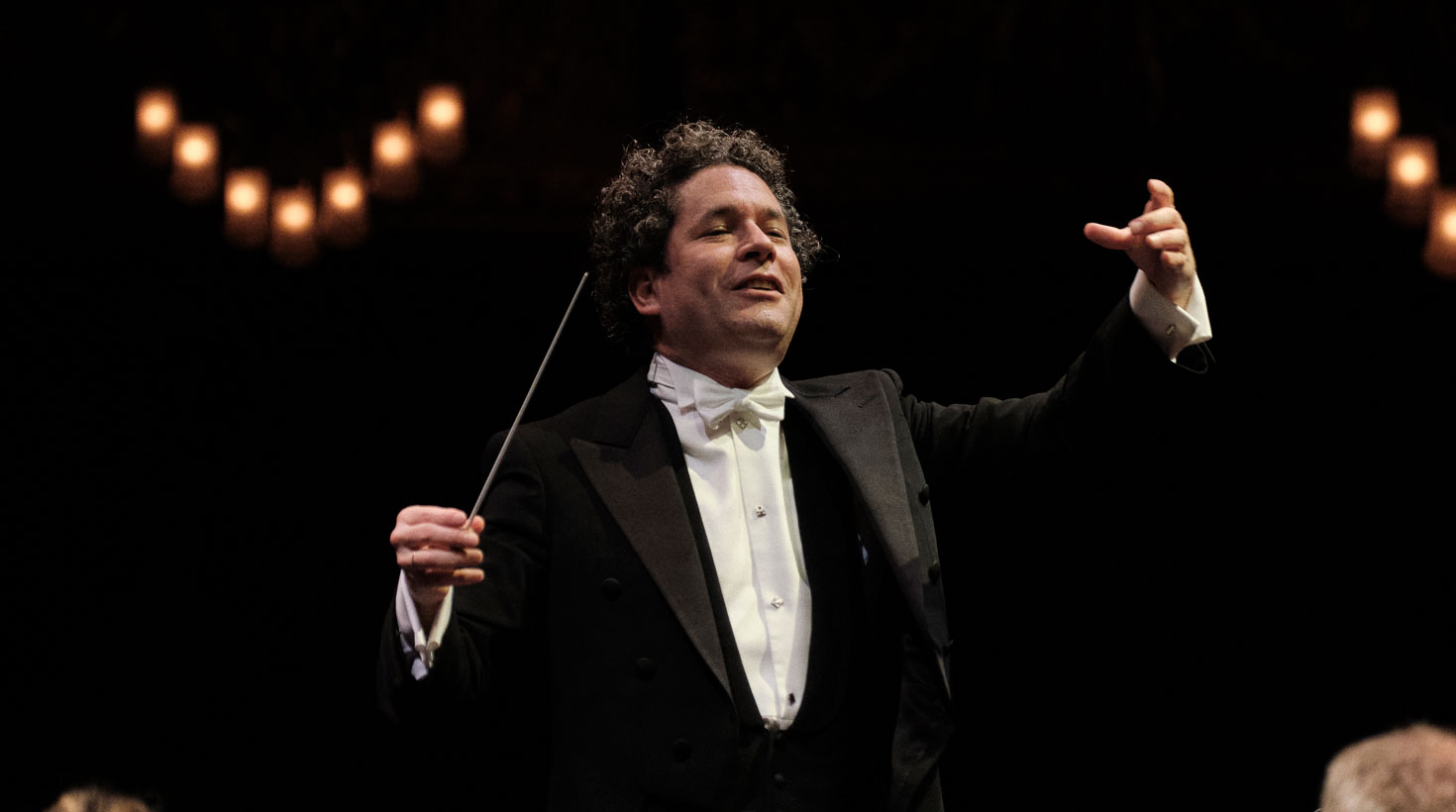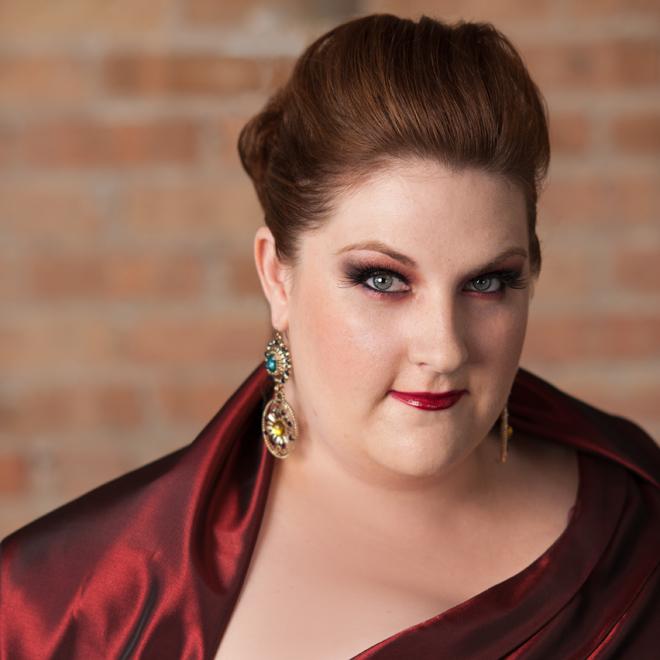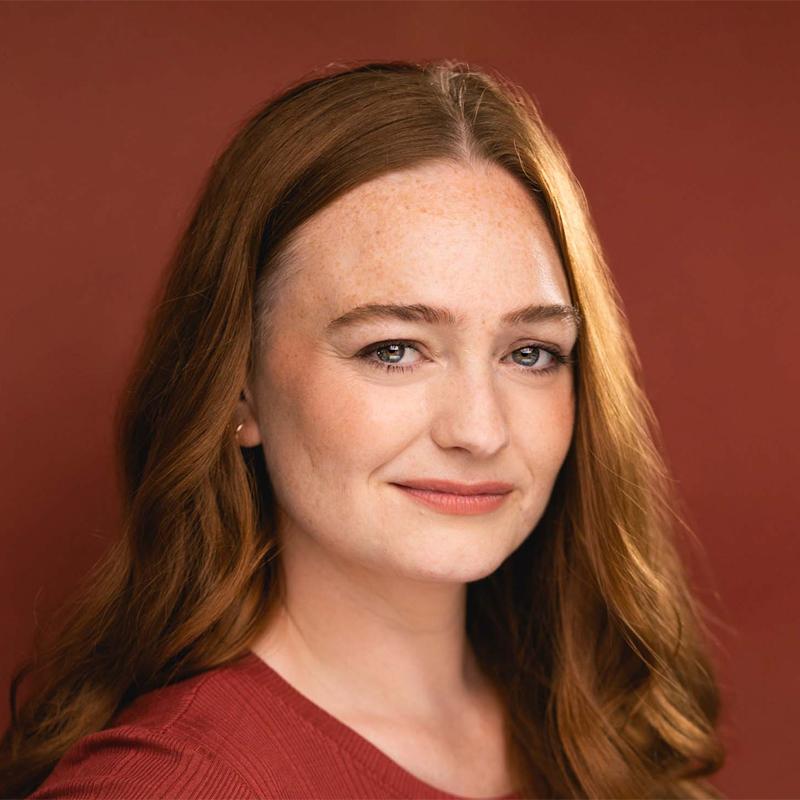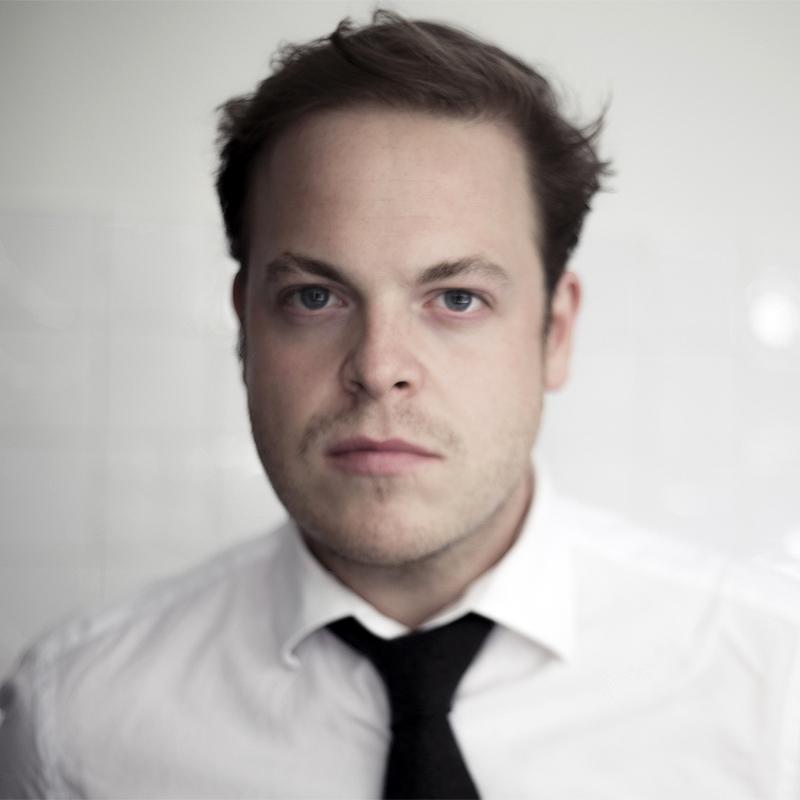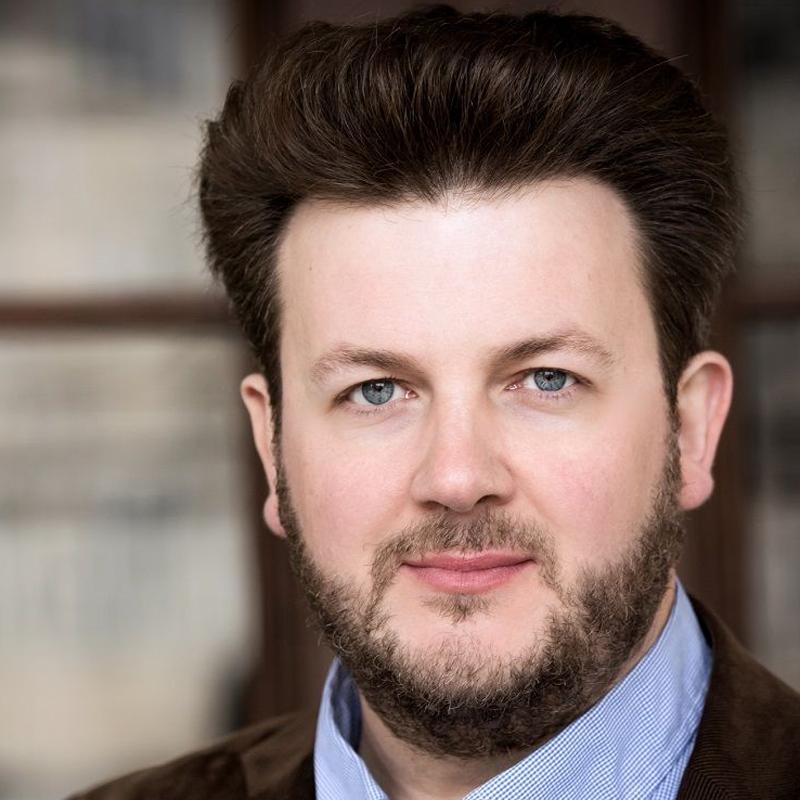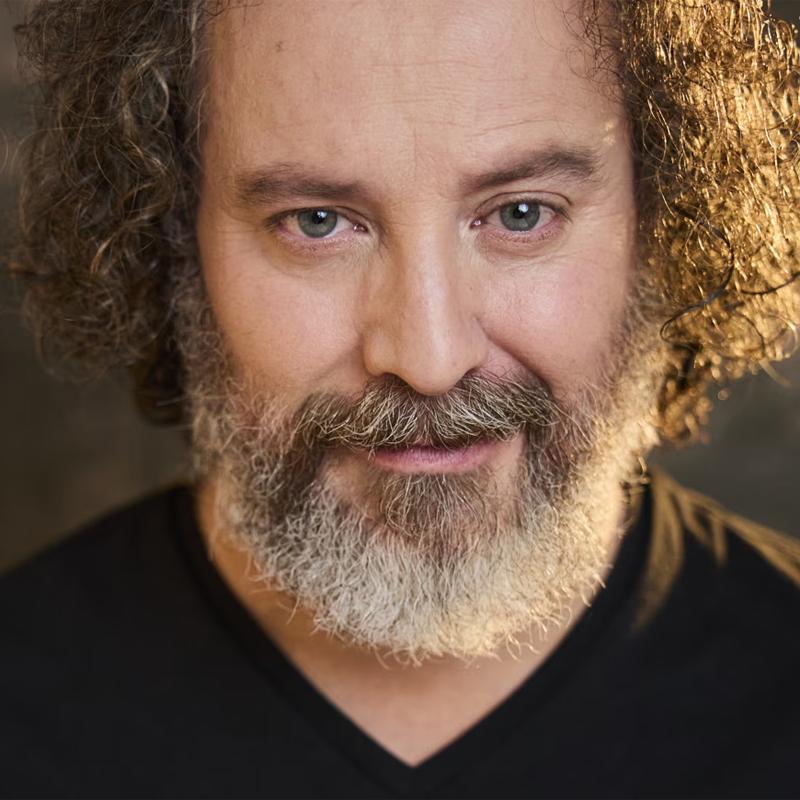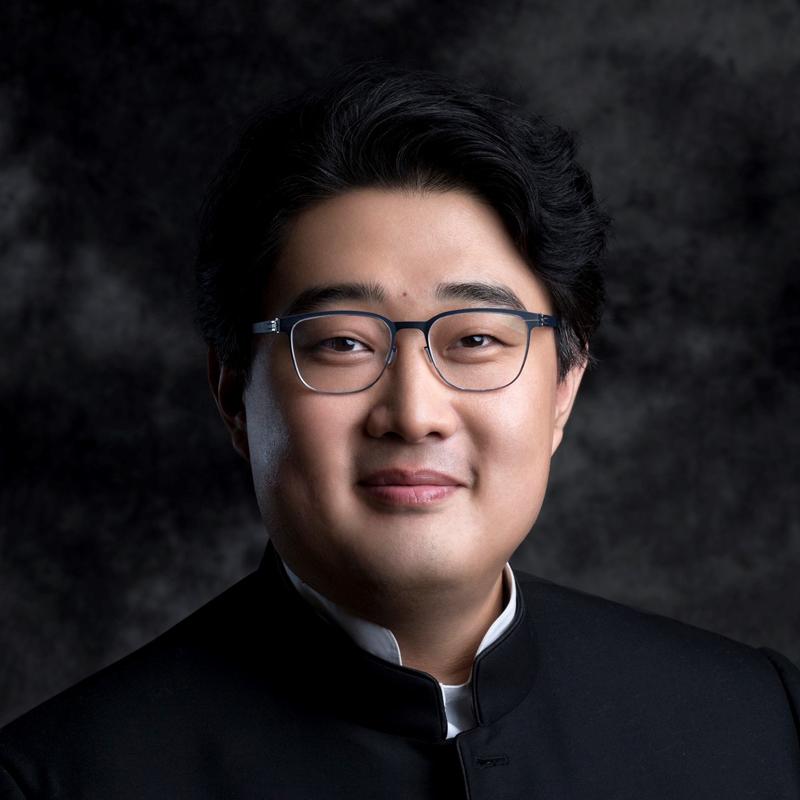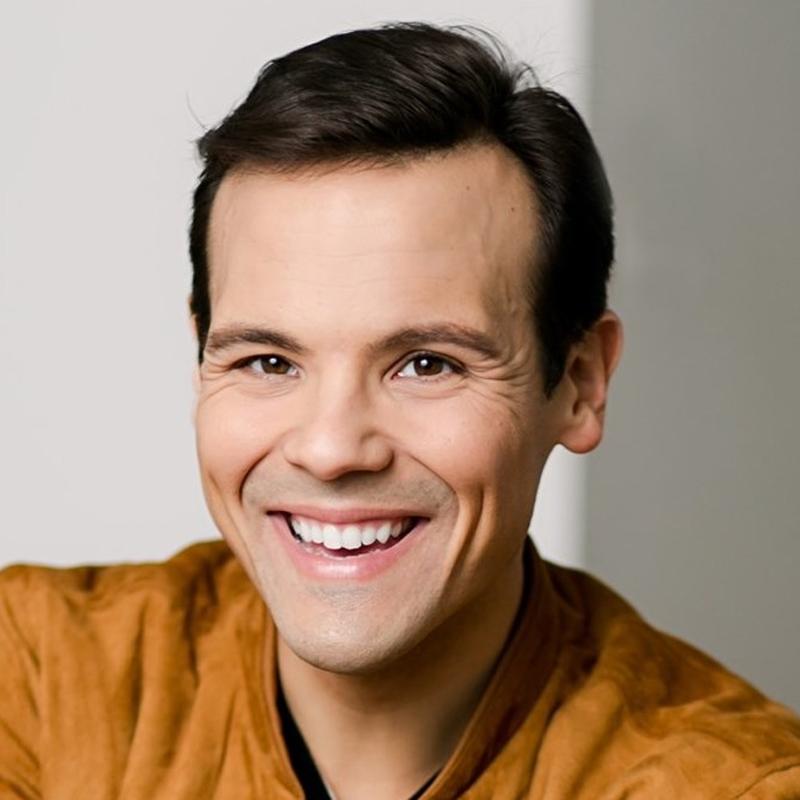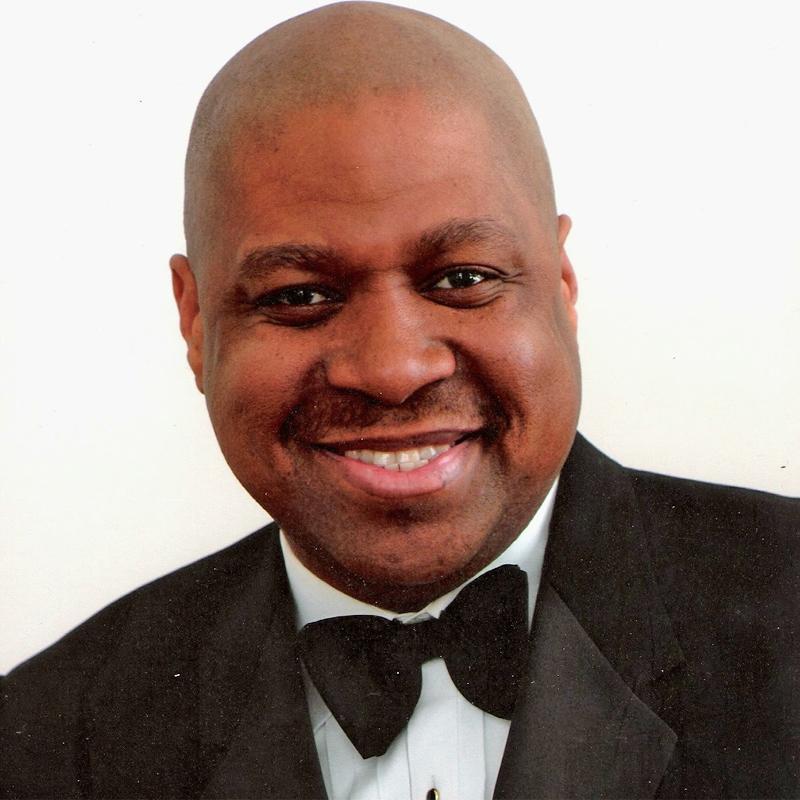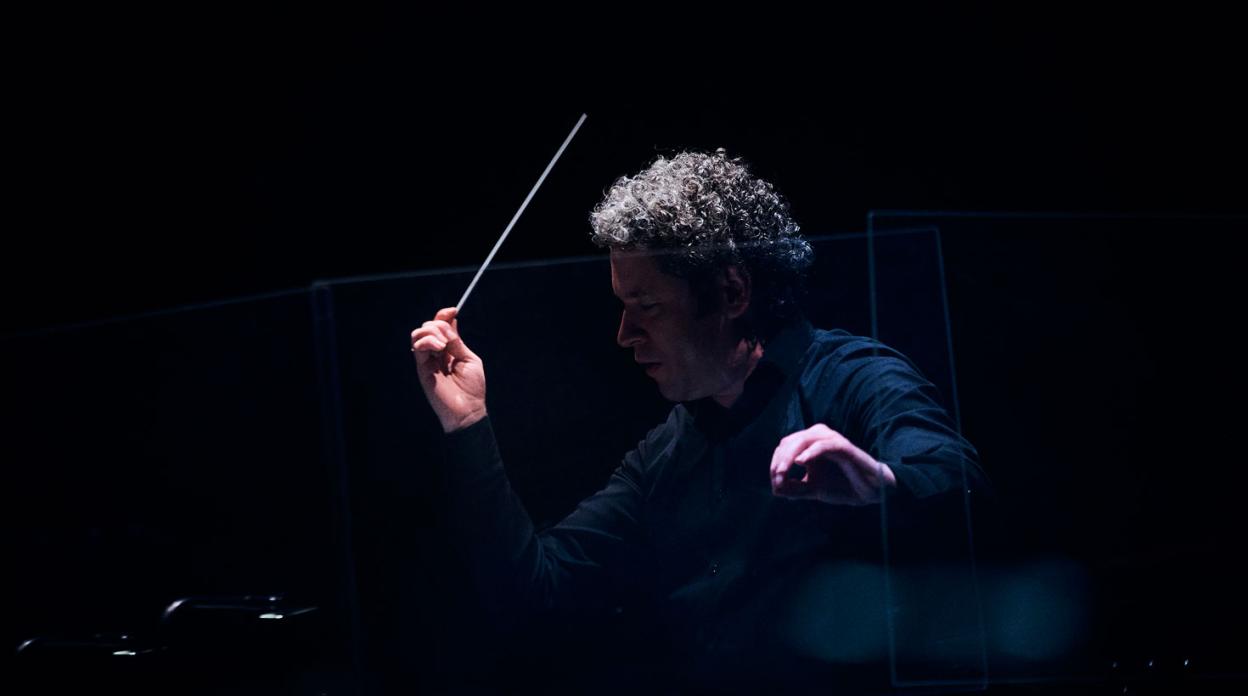Dudamel conducts the LA Phil with a semi-stage proposal created for deaf and hearing audiences
In collaboration with the Deaf West Theatre (Los Angeles) and the Chorus of Manos Blancas de El Sistema (Venezuela)
The French drama Léonore ou L’amour conjugal on which Fidelio is based belonged to a genre very popular in the years of the French Revolution, the pièce à sauvetage, in which heroes, representing the forces of good, emerge victorious from a situation of grave danger after a series of vicissitudes, in an optimistic vision of the positive values of injustice and reason.
The action takes place in 17th century Seville, in a terrible military prison, ruled by the cruel Don Pizarro, who secretly holds his worst enemy prisoner, Florestan, who has dared to proclaim truths that betray him. Leonora, a magnificent embodiment of the brave woman in love, suspects that her husband, the missing Florestan, is unjustly imprisoned. She disguises herself as a man, named Fidelio, and gains the trust of the jailer Rocco – a good character with great personal dignity – in a desperate attempt to save her husband.
The first scenes follow the tone and structure of singspiel – Rocco’s daughter Marzelline falls in love with Fidelio believing she is a boy – but soon the opera becomes a splendid oratorio celebrating the strength of love and purity that defeats suffering and injustice.
Gustavo Dudamel, charismatic and energetic, conducts his American orchestra: the Los Angeles Philharmonic. This innovative semi-staged production was created for both deaf and hearing audiences. Explained through the composer’s own music and the expressive gestural poetry of sign language, the performances explore the sublime communication that lies at the heart of all artistic expression. This performance is stage directed by Alberto Arvelo, in collaboration with the Deaf West Theatre (Los Angeles) and the Chorus of Manos Blancas de El Sistema (Venezuela).
Premiered in 1805 at the Theater an der Wien, in the middle of the French military occupation of the city with a deaf Beethoven, the music brims over with the composer’s huge energy and passion in a score replete with idealism and sublimation.
Opera in two acts
Libretto by Joseph von Sonleithner (1805) revised by Stephan von Breuning (1806) and Georg Friedrich Treitschke (1814) based on Jean-Nicolas Bouilly’s Léonore, ou L’amour conjugal.
- World premiere: 20/11/1805 at the Theater an der Wien in Vienna.
- Barcelona premiere: 11/01/1921 at the Gran Teatre del Liceu.
- Last Liceu performance: 02/06/2009.
- Total number of Liceu performances: 47.
With the support of:

| 
|
With the collaboration of:

| 
| 
|
Dates & tickets
| Turn T | |||||
| Turn A |
- First act 1h 12min
- Interval 30min
- Second act 47min
Artistic profile
- Los Angeles Philharmonic
- Conductor
- Gustavo Dudamel
- Deaf West Theatre (DJ Kurs, artistic director)
- Director
- Alberto Arvelo
- Co-director
- Joaquín Solano
- Costume designer
- Solange Mendoza
- Lighting designer
- Tyler Glover
- Lighting designer
- Tyler Lambert-Perkins
- Sign language choreographer
- Colin Analco
- Assistant sign language choreographer
- Bridget Berrigan
- Artistic producer
- Gabriela Camejo
- Coro de Manos Blancas (White Hands Choir) (Maria Inmaculada Velásquez Echeverria, LSV director)
- Cor del Gran Teatre del Liceu (Pablo Assante, choir director)
- Cor de Cambra del Palau de la Música Catalana (Xavier Puig, choir director)
Repartiment
Performance materials edited by Helga Lühning and Robert Didion. Used by arrangement with European American Music Distributors Company, U.S. and Canadian agent for Bärenreiter-Verlag, publisher and copyright owner.
Support for the LA Phil on tour is generously provided by the Michele and Dudley Rauch Tour Fund and the Karl Loring Fund.
The show incorporates sign language, with subtitles in Catalan, Spanish, and English.
Get Ready for Fidelio
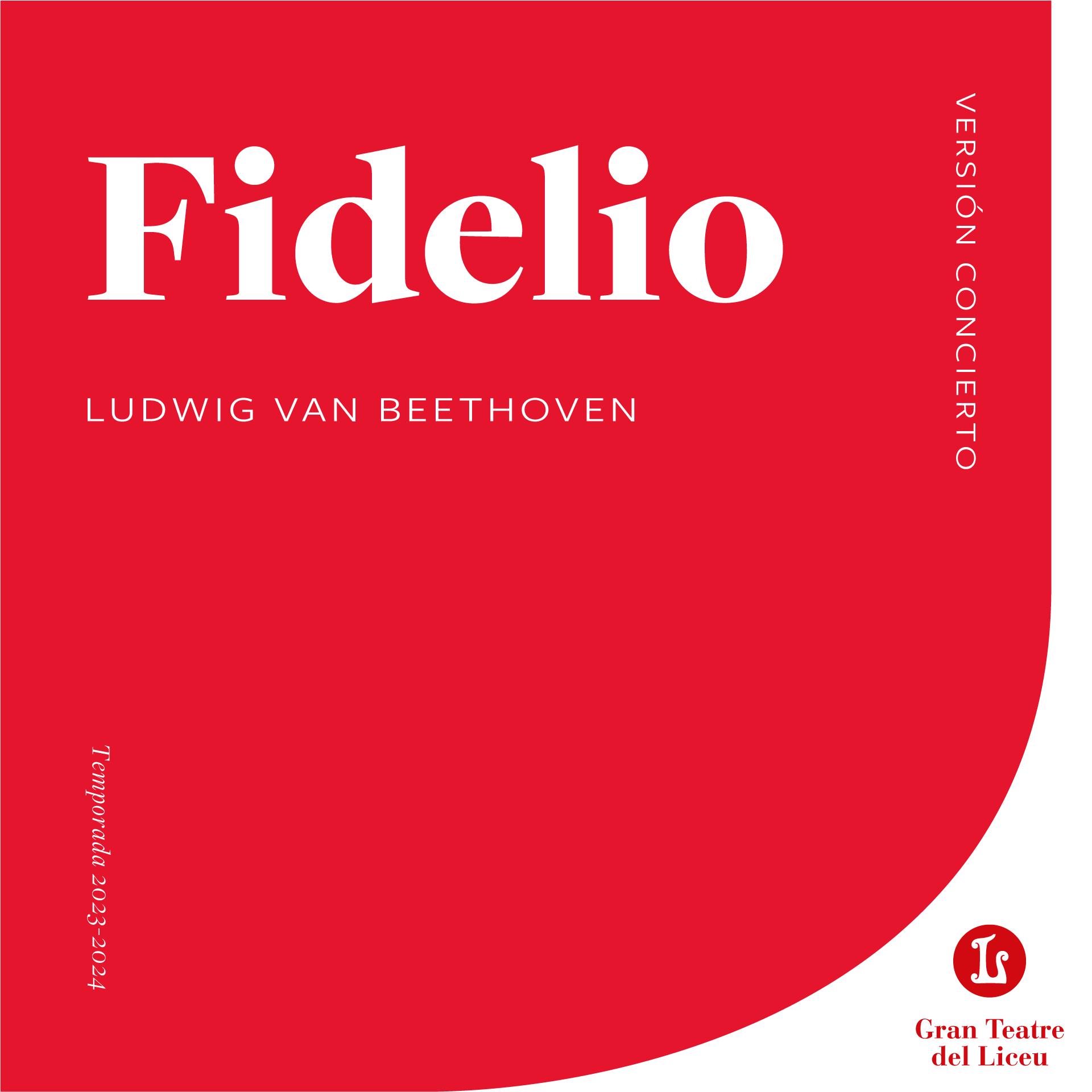
Hand program
More info
Liceu Timeline
Check out the history of this title through the Annals of the Gran Teatre del Liceu Foundation: list of performances, casts, photographs, programs, and curiosities...
Lecture
22/05/2024
Wednesday | 7pm
CHORUS REHEARSAL ROOM
Lecture by Luis Gago, musicologist and music critic, on Beethoven's opera Fidelio.Event organized by the Amics del Liceu Association.
To register for this activity, you must get in touch with the Association: 93 317 73 78 – [email protected]


